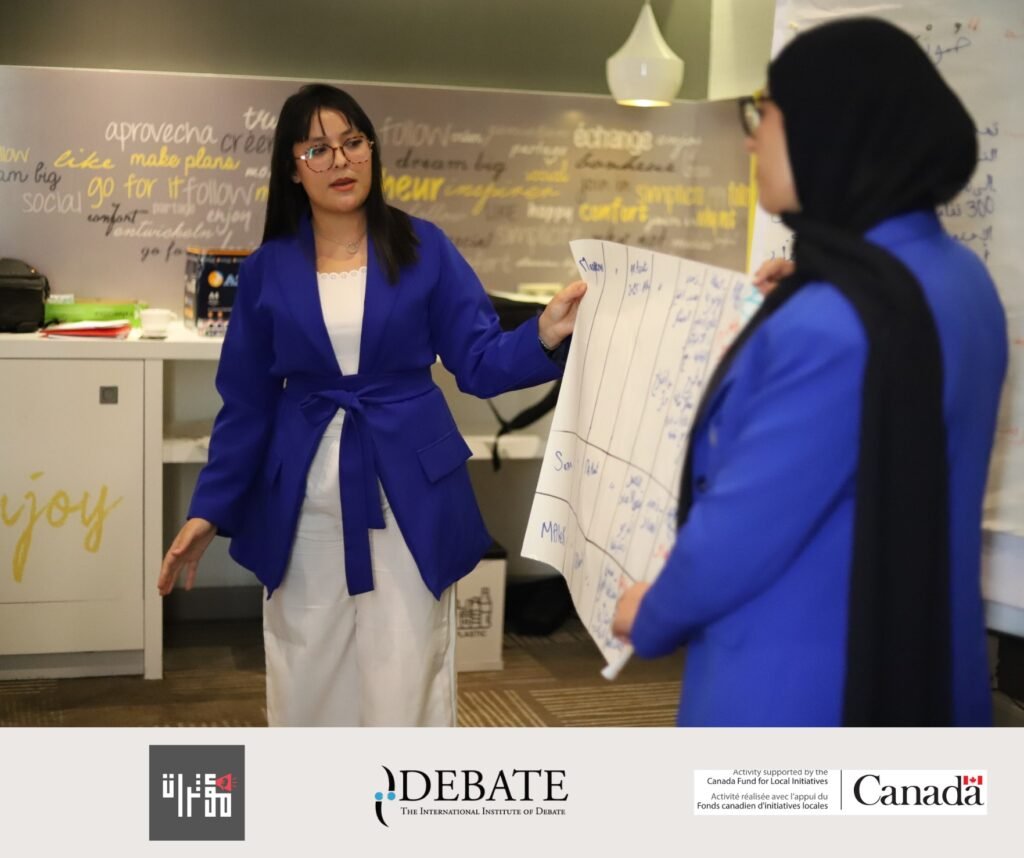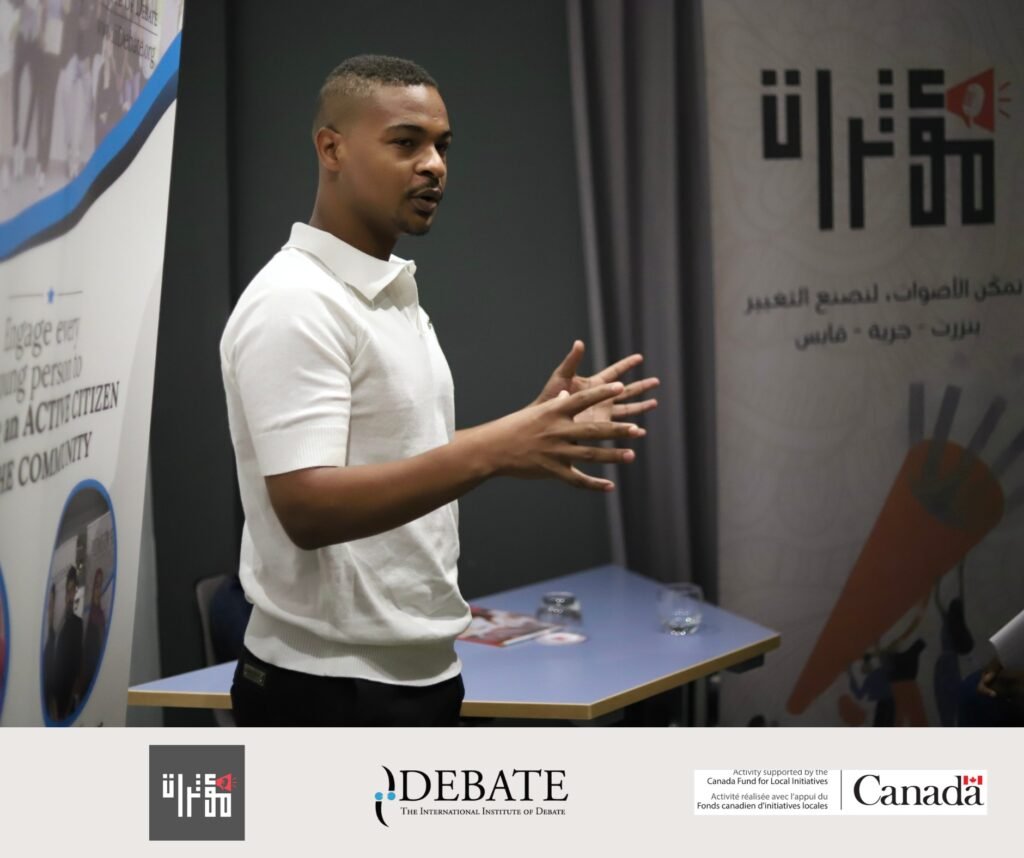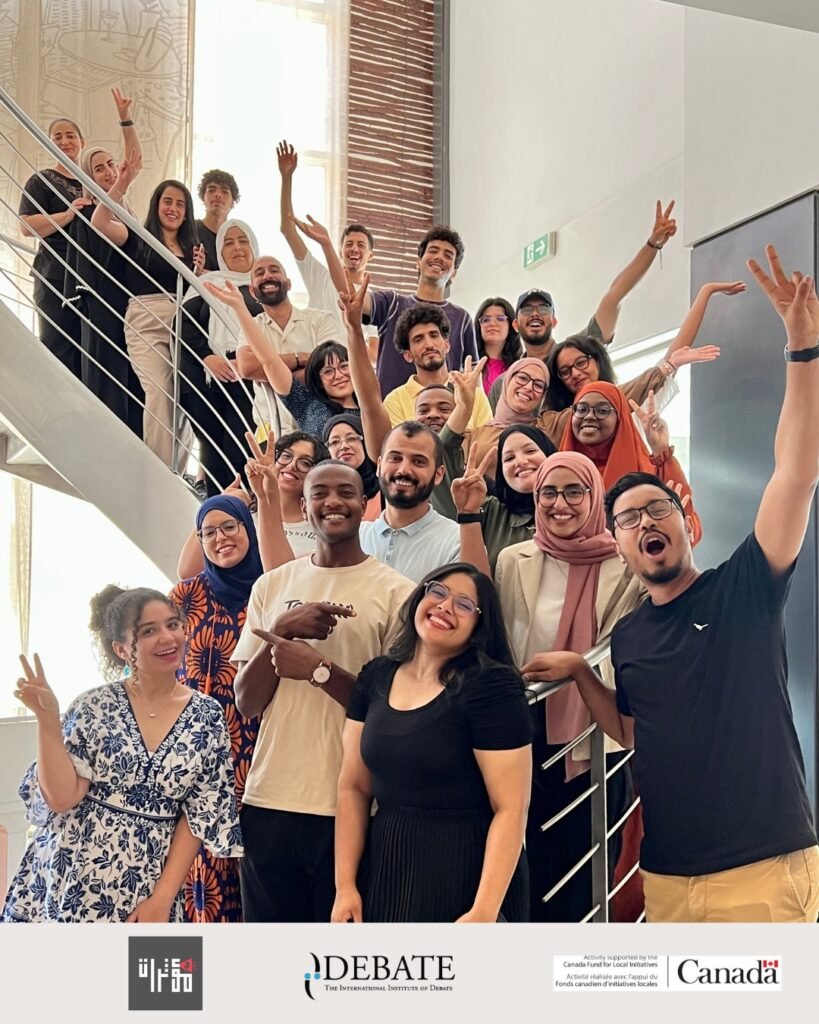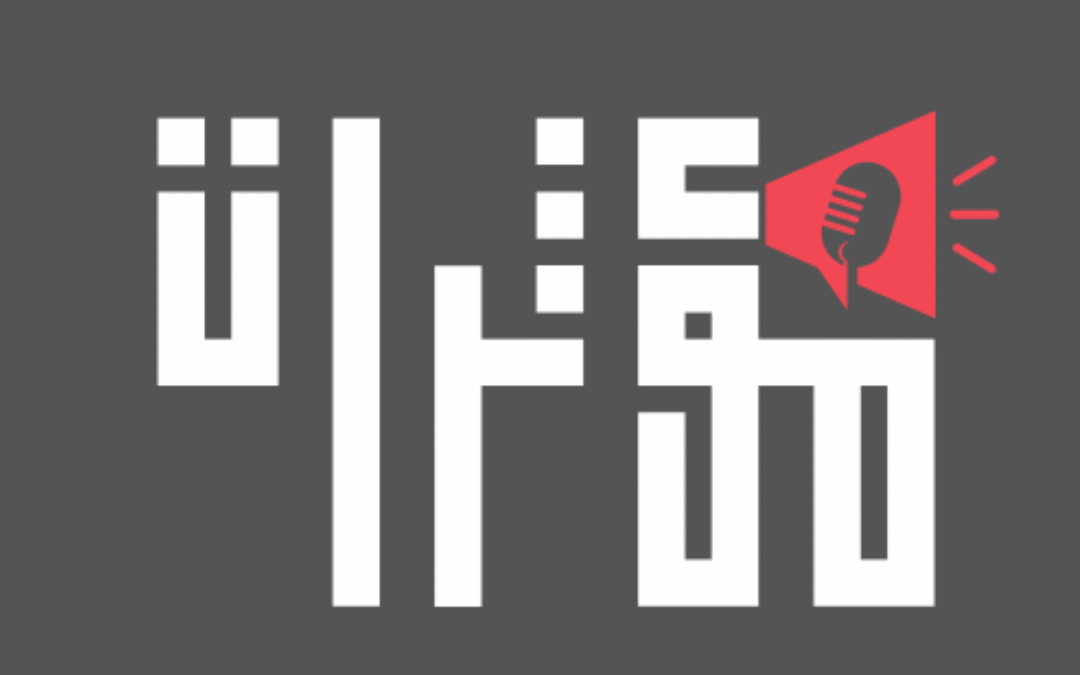In Tunisia, many young people grow up feeling disconnected from the decisions that shape their futures. Policies are crafted far from their realities, public discourse rarely reflects their experiences, and too often, their voices go unheard. They are present, but not seen. This is where Mou’Athirat comes in, a movement that is more than just a project, launched by iiDebate in partnership with the Embassy of Canada in Tunisia. It is driven by a clear mission: to amplify the voices of young people who are too often left out of the conversation, especially young women, youth with disabilities, and those living in rural or underserved areas.

Mou’Athirat does not claim to speak for these youth; it creates space for them to speak for themselves. It is built on the belief that young people are not merely beneficiaries of change, but its driving force. Through dialogue, action, and community leadership, they are redefining what it means to belong, to influence, and to lead. From the rugged hills of Matmata to the shores of Bizerte, and from the cultural richness of Gabès and Djerba to the often-forgotten villages of Médenine, Mou’Athirat is ensuring that young people, long sidelined, step into the spotlight. This is not about inviting them to join an existing conversation, it is about giving them the tools and power to shape it themselves, to set the agenda, and to define inclusion on their own terms. It is not symbolic participation; it is the beginning of real transformation.
What sets Mou’Athirat apart is its commitment to youth as leaders, particularly those who have been excluded from the conversation for far too long. It is built for the young woman growing up in a small conservative town seeking her place and the teenager with a disability learning to be heard in a world that often does not listen, searching for a space where their voice truly matters. Through digital literacy training, leadership workshops, civic engagement sessions, and mental health support, the initiative equips them with the tools to rewrite the narrative and become the change-makers their communities need.
Soon, young changemakers across Tunisia will step into local youth centers, cafés, and public spaces, not to attend events but to lead them. They will host thirty “Café Talks,” open grassroots conversations that bring youth together to discuss the issues that truly matter, mental health stigma, inequality, unemployment, gender-based violence. These will not be academic panels or scripted meetings, but honest, often raw, conversations where for many, it will be the first time someone has asked, “What do you think?”
In September 2025, the stories will travel even further with the launch of a youth-led podcast series called Mou’Athirat. Produced and hosted by young people, it will explore the lived experiences of marginalized youth across Tunisia, featuring testimonies, reflections, and insights from community leaders and experts on topics such as mental health, inclusion, discrimination, and youth empowerment. This will not just be content; it will be connection, ensuring that these voices are heard in spaces that have long shut them out, airing online, on social media, and on local radio.

But Mou’Athirat is about more than storytelling; it is about action. After the Café Talks, nine youth teams will transform their discussions into awareness campaigns shaped by their communities’ needs, tackling issues from mental health stigma to lack of access to jobs, education, and safe spaces. These campaigns will turn frustration into purpose, ideas into movement, and help young people find tangible opportunities, whether through training, employment, or connections to decision-makers who can help them move forward.
In February 2026, the journey will culminate in a national event bringing together all the voices, stories, and actions that shaped Mou’Athirat. It will be a celebration of what is possible when youth are not only included but empowered, a space to share campaigns, exchange lessons, and connect changemakers from across the country. More than a closing ceremony, it will be a declaration that Tunisia’s youth are not waiting for permission to lead; they are already leading, with courage, creativity, and community.
Tunisia is full of young people with ideas, energy, and vision, but not all have the same chance to turn potential into impact. Mou’Athirat was built for those who have had to push harder to be seen, who have felt ignored, underestimated, or told they do not belong. This initiative does not ask them to prove their worth, it starts by recognizing it, and by building the tools, spaces, and support they need to grow, connect, and lead. When youth from marginalized communities rise, they do more than transform their own futures; they breathe new life into their entire communities. Mou’Athirat is about recognition, dignity, and lasting empowerment. It is not just a project, it is a movement by youth, for youth, with inclusion at its heart.

